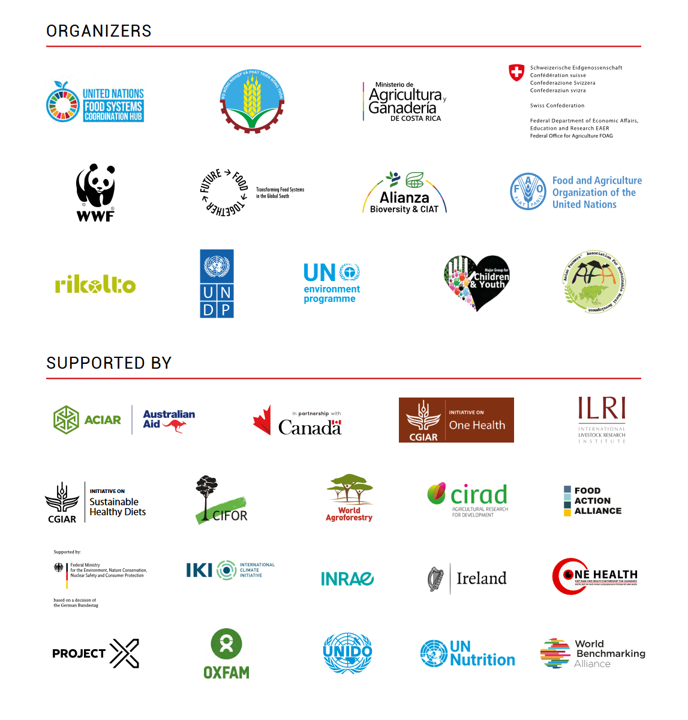4th Global Conference of the Sustainable Food Systems Programme
The Transformation We Need: Emerging from global crises by shaping sustainable, resilient, healthy, and inclusive food systems
The 4th global conference of the Sustainable Food Systems Programme “The Transformation We Need” took place between 24-27 April 2023 in Ha Noi, Viet Nam, with the aim to make a substantial contribution to the 2021 UN Food Systems Summit’s (UNFSS) follow-up process up to 2030. The conference convened over 350 on-site and 1000 virtual participants, including Ministers and Vice-Ministers from eight different countries from four different global regions, other members of the One Planet network, National Convenors and further actors involved in the UNFSS follow-up process, as well as multiple stakeholders from all world regions.
Building on the outcomes of the UNFSS, and the SFS Programme’s expertise and tools as well as the outcomes of its previous three global conferences, the conference functioned as a major milestone towards the UN Food Systems Summit +2 Stocktaking Moment.
The conference focused on how food systems need to be transformed to overcome the multiple deeply rooted and interlinked crises of hunger, malnutrition, health, inequality, increasing cost of living, climate, biodiversity, conflict, and energy in order to achieve the SDGs.
The following three overall conference conclusions were highlighted throughout the different sessions of the conference:
- The importance of food systems transformation for coping with multiple challenges: Sustainable, resilient, healthy and inclusive food systems are urgently needed and are a precondition to address the interrelated crises of food insecurity, malnutrition, health, climate change, biodiversity loss, conflict, as well as high energy and consumer prices;
- The need to link short-term and long-term efforts: While it is sometimes necessary to take short-term action to tackle multiple crises, such action should be conducted in the framework of a long-term strategy and a holistic and inclusive approach to food systems governance and policy making; and
- The need for inclusiveness, participation and meaningful collaboration at all levels: Food systems transformation is a whole-of-society task that requires engagement and effective participation of all actors across all sectors, leaving no one behind.
In addition, the conference’s outcome document contains a series of key messages addressed primarily to high-level political leaders, decision-makers, business leaders, but also to food systems stakeholders at large, who are involved in the development and implementation of national pathways for food systems transformation, on the following themes:
- Rethinking the global governance architecture for food systems
- Revisiting national and sub-national governance and policies
- Changing consumption and production patterns
- Promoting the transformation through science, finance, human rights and innovation
- Strengthening the UN Food Systems Summit’s ecosystem of support: Mobilizing UNFSS coalitions to advance a food systems approach for more sustainable, resilient, and inclusive food systems
- Measuring transformation
- Dialogue of National Convenors

.png?sfvrsn=b6c026c0_0)
